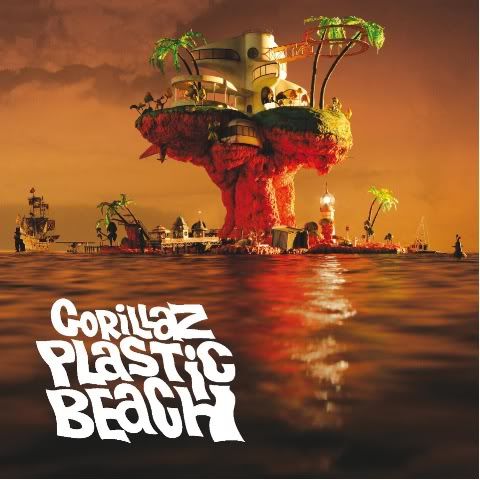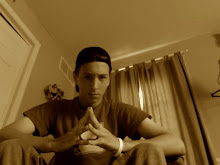Once again, a song will not leave my mind alone so I want to write about it. I usually have other plans and intents. I hope to get around to them as I actually have an idea as to something I want to do on this web log.
But first, this song. I found it, as I do most things lately, on a podcast. An episode of the Spotify podcast Duet, with guest hosts Jack Antonoff of Bleachers and John Darnielle of the Mountain goats ("tMg") They were choosing songs that affected them, and one that John chose was this track.
I have become increasingly fond of John Darnielle. First mention was on a vlogbrothers video when John (Green) was nerding out about sharing an event with John (Darnielle). It didn't stick for me. One of my other friends got into some of tMg music along with They Might Be Giants ("TMBG") music, both hardworking indie darling artists who had strong DIY energy. I listened a bit more as this friend had more of a direct connection than a parasocial recommendation. But it took Joseph Fink, co-writer of the narrative podcast "Welcome to Night Vale", hosting a podcast with John Darnielle called "I Only Listen to the Mountain goats" to really seal it for me. John was a very aware host and was honest about the odd position of co-hosting a show all about his own band's greatness and impact. He was gracious, kind, and honest - he feels more of a fan of other artists than viewing himself that way.
I am giving you context for my experience, because it frames things. Rarely is something only itself, but everything that thing touches and the angle by which I arrive. Yours will be different with your assumptions and experiences.
But the song. It was recorded at her home studio. And it is a song about the process of sustained mourning, before the greater drop of grief. The experience of knowing a loved one is dying slowly in a hospital. Knowing the loss is not yet. But is coming. It is the downbeat of a fragile wing trying to keep the narrator aloft to witness the winds of death coming. The song is not about the person dying really, but the stress and experience of small things the narrator is doing and not doing to cope with this great helplessness. Small details like not knowing how they got to the room with flowers, going out to make coffee no one will drink, gestures that try to do something supportive and helpful because you can't do a thing about the bigger issue.
The details in the song frame the shape of something through the edges where the narrator is avoiding talking about the elephant in the room. The distress and discomfort of maneuvering around it. You see the weight through the gravity of the narrator's pull towards the upcoming experience of death and their struggles against it.
This is not an experience I have had much personal experience with living through, but Fellows communicates a vivid message through the snapshots of moments of lucidity in the midst of dazed autopilot.
It is a song that makes me care through empathy and try to mentally comprehend an incomprehensible part of life in that it will someday end. Not only for me, but for those I love. It is emotional practice and exposure so that I might remember it for later, knowing that I am not alone in going through it when it inevitably happens. Not now, hopefully no time soon, but in the case it does, that I have some context. Sometimes I like just viewing things through another's eyes and wondering how I would handle the situation if presented to me. Books are helpful for this experience and exposure. Not that I long for those events to happen in reality, but that I try to understand that there are people who are going through such things and have empathy for them rather than ignorance.
Habits die hard deaths
I decided to haiku
Weird streak to keep up.


